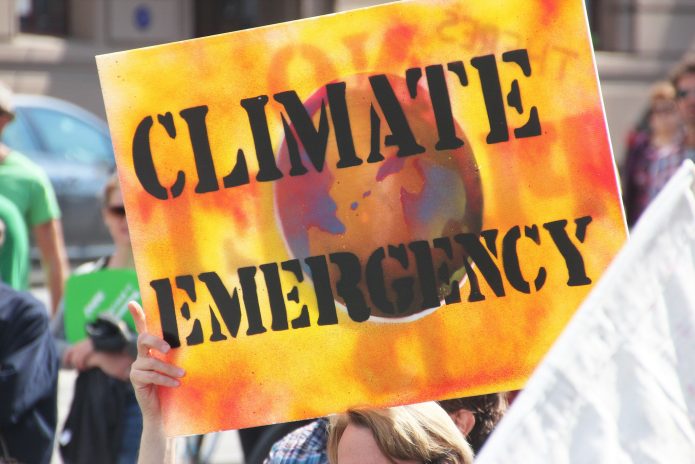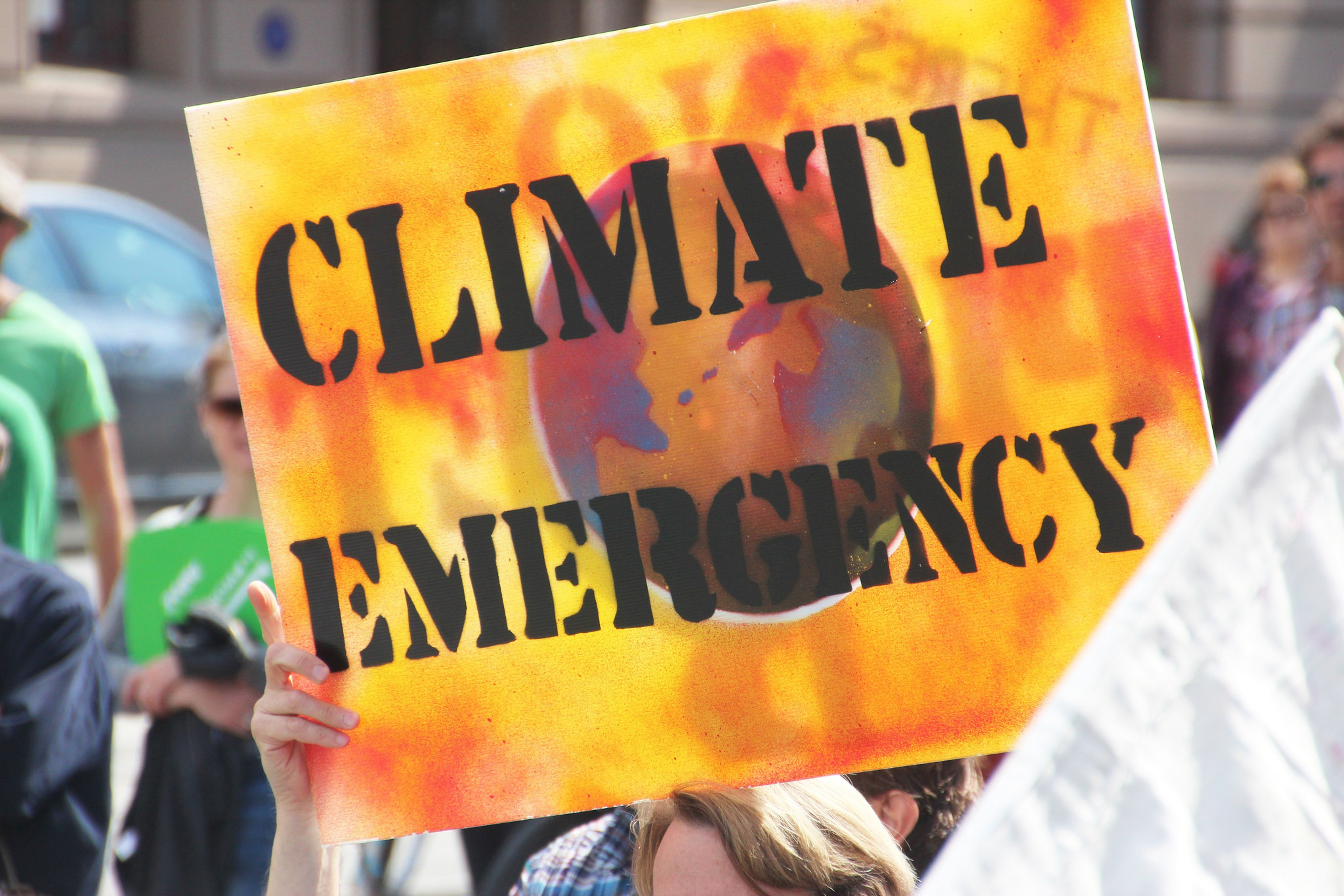
(Photo: Flickr/ Takver)
“The consequences of these budget cuts would be vast,” IPS fellow and U.S. policy director at Oil Change International Janet Redman told the Marc Steiner Show, regarding Trump’s proposed budget cuts to federal environmental programs.
Trump’s assault on the climate doesn’t stop with his proposed cuts to the EPA. It also seeks to cut 28 percent of the State Department budget, which is how the U.S. relates internationally to climate change and energy policy,
IPS Climate Policy director Basav Sen said racism and white supremacy and crony capitalism are the underlying sources of the White House’s climate policy.
“People of color and poor people have paid a disproportionate price for the polluting ways of corporate America,” Sen explained. “This led to the creation of environmental justice programs at the EPA which have provided support and data to these communities.”
By trying to get rid of these programs and moving forward with other bad environmental policies like with the building of the Dakota Access Pipeline, the administration’s message is that they “don’t care about the environment, the future of humanity, or people of color,” Sen argued.
Sen went on to discuss the effects of large fossil fuel companies that have a lot of clout with the current administration. The issue is not about being pro-business, Sen said, it’s about crony capitalism.
These policies “favor certain large and politically influential sectors of business, the ones who have partially bank rolled political careers of people like EPA head Scott Pruitt and Energy Department head Rick Perry,” Sen said.
The budget cuts also target clean energy research and take away funding for climate action initiatives at the state level. Services that help people are being shifted to state agencies instead of operated on the federal level, which means less enforcement and implementation of provisions such as the Clean Air Act and Water Act, which targets already vulnerable communities, Redman argued.
“If the federal government not only refuses to act, but intends on taking America backwards, there’s a lot that cities and states can do and have done,” Sen said. “Hawaii will be 100 percent renewal energy for their electricity by 2045, Oregon will completely eliminate coal from their electricity supply by 2030, and Washington, D.C. will be 50 percent renewable for electricity by 2032 and simultaneously solarize 100,000 low income homes by then.”
Speaking to the power of organized popular resistance, Sen argued that “every time people have made advances in this country or anywhere else in the world, it’s because of pressure from below working across sectors.”
Redman agreed, adding “We don’t want to lose sight of the fact that we have to hold elected officials accountable when they side with big oil, gas, and coal industries.”
“We must fight in every forum available to us: in the courts, in legislatures, in policy spaces, on the streets, in the media, and in international forums,” Sen concluded.
Listen to the full interview on The Marc Steiner Show.
